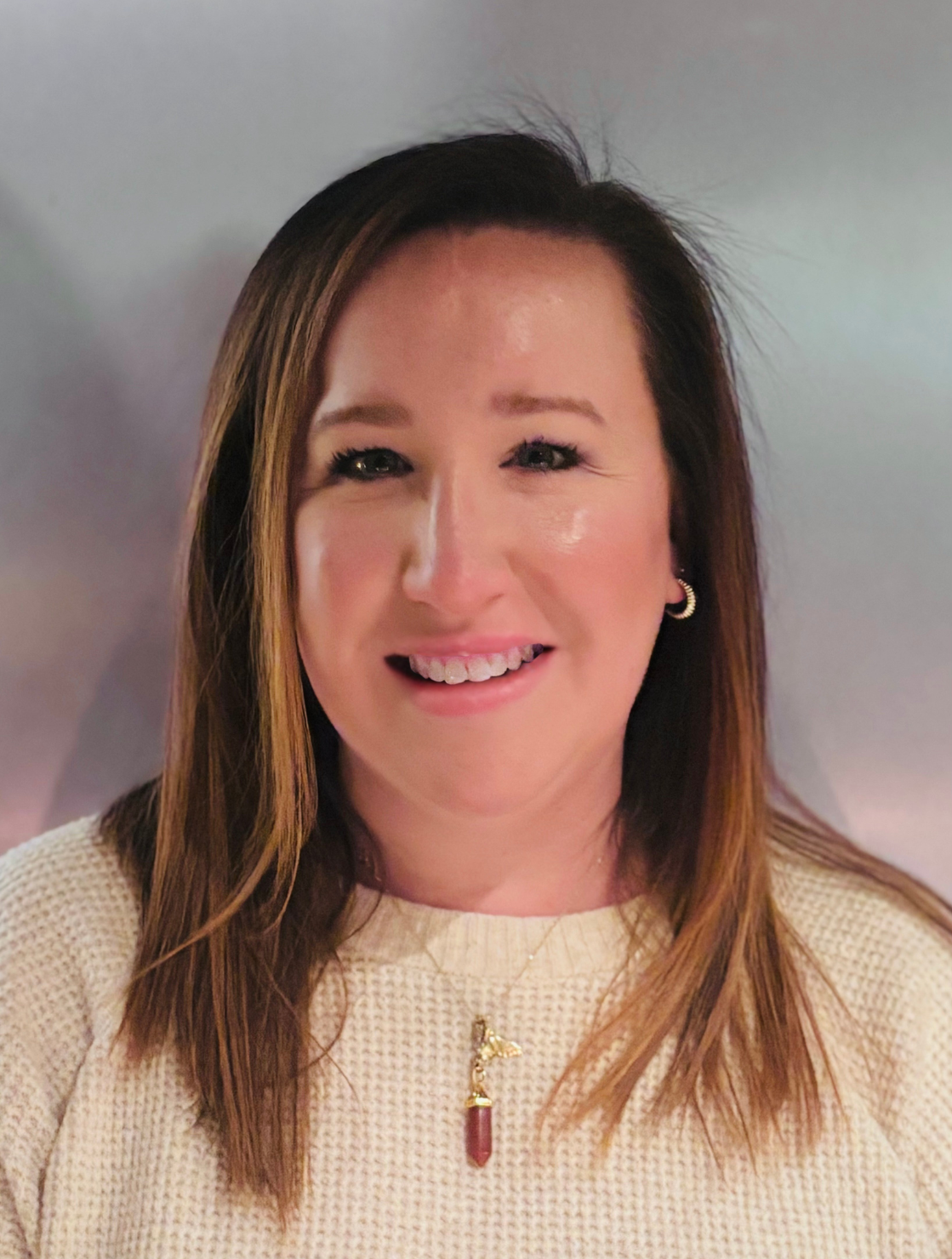Erica George: It’s a Journey
KidLit Craft is back with another Snack-Sized Author Interview. In this series, we ask authors five quick questions that give us insight into their craft and process. Today, we’re talking with author Erica George.
I still remember Erica’s submission in our workshop together when we were students at Vermont College of Fine Arts. An historical romance, it foretold the future novels from Erica that readers would adore, like Witty in Pink, a Regency-period swoon-worthy love story. As a romance junkie myself, I always add Erica’s latest to the top of my TBR. —Sarah S. Davis
Welcome, Erica!
Question 1: What's your writing superpower?
It’s got to be dialogue. I visualize a lot of my scenes as though they were movies being played out in my mind, and dialogue is, of course, a huge part of that medium. I love the way so much can be revealed through what people say and perhaps equally as important, what they don’t say. I love banter. I love banter in my own life as well as on the page! Give me a good back and forth with crackling banter, and I am set. You’ve won me over.
Question 2: What’s an element of craft you explored in your latest project and what tips can you share with other authors for growing in their use of that particular element?
I think one of the elements of craft that I am always exploring is raising the personal stakes of my characters. There was a point in time where I would be writing and hardly even notice that really nothing was challenging my characters. They were just moving through the story, living their best life.
Lately, though, I’ve realized that any time I feel writer’s block, I’m experiencing a lack of stakes. Something isn’t working, there’s nothing pulling this character forward, nothing for them to overcome and make the story more interesting.
One of the last scenes I was writing was a baseball player defying his parents by not taking a summer internship and instead playing for his dream team, and I genuinely thought that was enough as I was outlining. When I went to actually write his opening scene, however, I realized that simply defying his parents wasn’t enough to get a reader invested. It wasn’t enough to get me, the author, invested, either! I needed to come up with conflict for this character, situations he would have to overcome and actively pursue in order for the story to pull me back in.
Question 3: If you could travel back in time, what advice would you give yourself as a new author?
Oof, what a good question! I think I would tell her not to compare herself to every other author she sees on social media. Social media is really all smoke and mirrors, and every writer’s journey is going to look remarkably different. It can be debilitating for a newbie author when they see what they think are these huge deals or other authors being favored by their publishing houses. It’s a journey and it’s a process, and the goal, no matter what, is writing the best book you possibly can in order to connect with your readers. That’s what really matters.
Question 4: What inspires you as a writer?
Is it cliché to say everything? Because honestly, I never really know what’s going to inspire me. Lately, in almost every aspect of my life, I’ve been trying to embody this feeling of openness, of welcoming in the little surprises and seeing where they take me. Inspiration for my writing may come from a documentary, a painting, a song lyric, a conversation had over coffee with friends, the feeling of watching a storm roll in off the water, the way my dog tilts his head when I say his favorite word. It’s all there, if you’re willing to let it in.
Question 5: What’s one book you think every kidlit author should read?
I think it’s cruel that you’re making me narrow this down to one, but if you insist! I would go with Ghost by Jason Reynolds. When I first read this book, it was pitched to me by a friend as “a perfect book,” so I needed to know what made it so perfect, and well. She was correct. Everything about this book is perfect. Reynolds is a master of voice, of place, of pacing, of characterization, of urgency, of stakes, of emotional roller coasters. I was a middle school English teacher for almost fifteen years, and independent reading was a huge part of my classroom, and whenever a student came to me and said they didn’t know what to read because they didn’t like reading, I would hand them Ghost. Always a winner. Always got them hooked.
Erica George is the author of young adult romances such as Witty in Pink (Entangled Teen, 2024), The Edge of Summer (Little, Brown BFYR, 2022), and Words Composed of Sea and Sky (Running Press, 2021). She is a graduate of The College of New Jersey with degrees in both English and education and holds an MFA in Writing for Children and Young Adults from Vermont College of Fine Arts. She splits her time between New Jersey and soaking up the salty sea air on Cape Cod. Many themes in Erica’s writing rotate around environmental activism and young people finding their voice. When she’s not writing, you can find her exploring river towns, whale watching, or engrossed in quality British dramas with her dog at her side.
You can find her online on her website and on Instagram: @theericageorge







